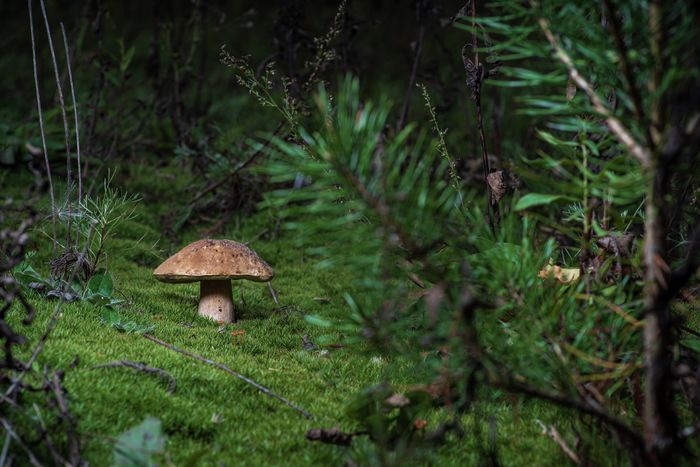Climate change causing plants to bloom a month early
Plants in the UK are flowering a month earlier than average, which could have significant consequences for wildlife, agriculture and gardeners

A research team led by the University has found that the effects of climate change are causing plants in the UK to flower one month earlier under recent global warming.
Analysis was based on more than 400,000 observations of over 400 plant species from Nature’s Calendar. The first flowering date of trees, shrubs, and herbs were classified in various ways: by location, elevation, and whether they were from rural or urban areas. The first flowering dates of these plants were then compared with monthly climate records.
The results, reported in Proceedings of the Royal Society B, showed that the average first flowering date from 1987 to 2019 is a full month earlier than the average first flowering date from 1753 to 1986. The same period strongly correlates with the accelerating global warming that is now taking place as a result of human activity.
Though the first flowers of spring are often a welcome sight, this earlier flowering can have profound consequences for the UK’s ecosystems and agriculture.
Known as ecological mismatch, species that synchronise their migration or hibernation can be left without the flowers and plants they rely on, which, according to Professor Ulf Büntgen from the Department of Geography, can lead “species to collapse if they can’t adapt quickly enough.”
The impacts may also be felt by farmers and gardeners. Crops that flower early following a mild winter may be killed off entirely if they are then hit by a late frost.
But while the effects of climate change can be seen in the increased frequency of extreme weather events, as well as greater climate variability, the long-term effects of climate change on ecosystems are more subtle and are therefore more difficult to recognise and quantify. Büntgen, who led the study, said: “to really understand what climate change is doing to our world, we need much larger datasets that look at whole ecosystems over a long period of time.”
The UK does indeed have such a dataset, where, from the 18th century onwards, observations of seasonal change have been recorded by scientists, naturalists, and organisations like the Royal Meteorological Society. These records were collated into what is now known as Nature’s Calendar in 2000. It currently has around 3.5 million records, dating back to 1736.
If global temperatures continue to increase at their current rate, spring in the UK could eventually start in February. Many of the species that forests, gardens and farms rely on could, as a result of the rapid pace of change, experience serious problems.
In order to better understand the consequences of climate change, Professor Tim Sparks from the Department of Zoology, and co-author of the study, said that “continued monitoring is necessary,” with Büntgen adding that “anyone in the UK can submit a record to Nature’s Calendar, by logging their observations of plants and wildlife.”
The research was supported in part by the European Research Council, the Fritz and Elisabeth Schweingruber Foundation, and the Woodland Trust.
 News / Right-wing billionaire Peter Thiel gives ‘antichrist’ lecture in Cambridge6 February 2026
News / Right-wing billionaire Peter Thiel gives ‘antichrist’ lecture in Cambridge6 February 2026 News / John’s duped into £10m overspend6 February 2026
News / John’s duped into £10m overspend6 February 2026 News / Epstein contacted Cambridge academics about research funding6 February 2026
News / Epstein contacted Cambridge academics about research funding6 February 2026 News / Lucy Cav students go on rent strike over hot water issues6 February 2026
News / Lucy Cav students go on rent strike over hot water issues6 February 2026 News / Corpus FemSoc no longer named after man6 February 2026
News / Corpus FemSoc no longer named after man6 February 2026











